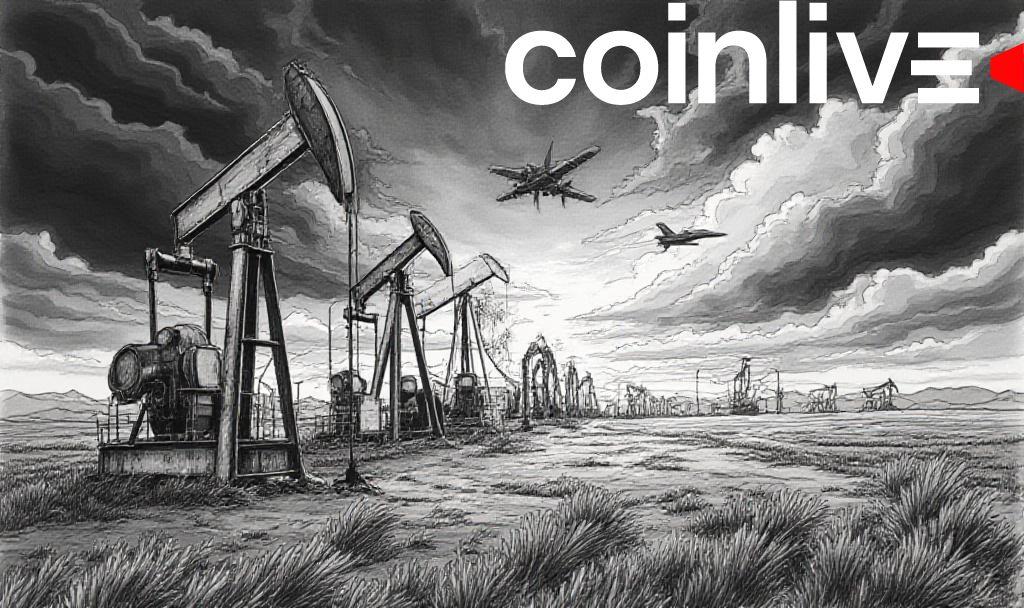- Main event triggers oil price surge, regional tensions rise.
- Crisis deepens with military actions.
- Financial markets react to geopolitical tension.

The escalation in Middle East tensions has considerable implications for global markets, notably causing shifts in oil and potentially affecting safe-haven assets like gold and cryptocurrencies.
Israel’s military targeted Iran’s nuclear facilities in a dramatic escalation, affecting global oil prices. Crude oil jumped over 6%, fueling market volatility, while global equities faced pressure. This follows a historic pattern during past geopolitical shocks.
The Israeli government executed strikes with significant implications for oil and defense sectors. Leadership figures like U.S. Secretary Marco Rubio urged restraint, highlighting regional sensitivities. Meanwhile, former President Trump warned Iran against continuing nuclear ambitions, stating:
“Iran will face further assaults if it didn’t agree to a deal to stop its nuclear arms production.”
Economically, oil markets reacted strongly, with prices reaching levels unseen since early 2025. Energy stocks and defense shares gained significantly. Institutional investors moved into commodities and safe havens, signaling a risk-off sentiment amid escalating geopolitical tensions.
Market impacts were significant, involving shifts towards assets perceived as safe, including gold and potentially Bitcoin. Without immediate on-chain data, crypto market movements were speculative. Historically, Bitcoin rises during geopolitical uncertainty due to its “safe haven” status.
Potential outcomes from the strikes include continued volatility in the financial markets. The crypto sector closely monitors these events to assess potential liquidity and protocol implications. Historically, conflict has spurred fluctuations in DeFi activity and safe haven asset flows.








